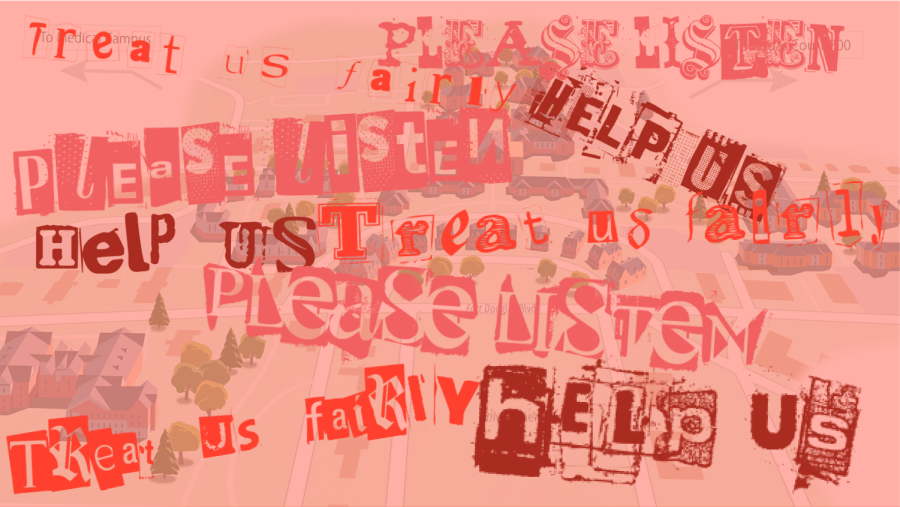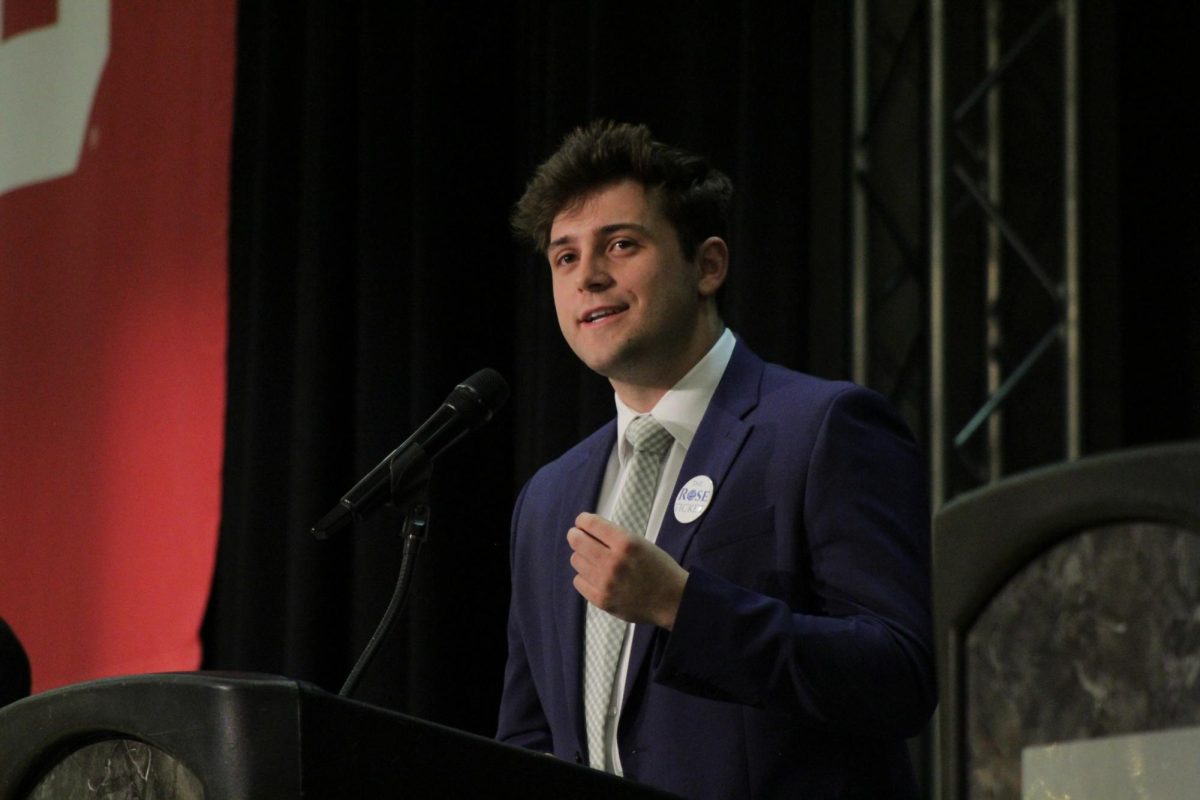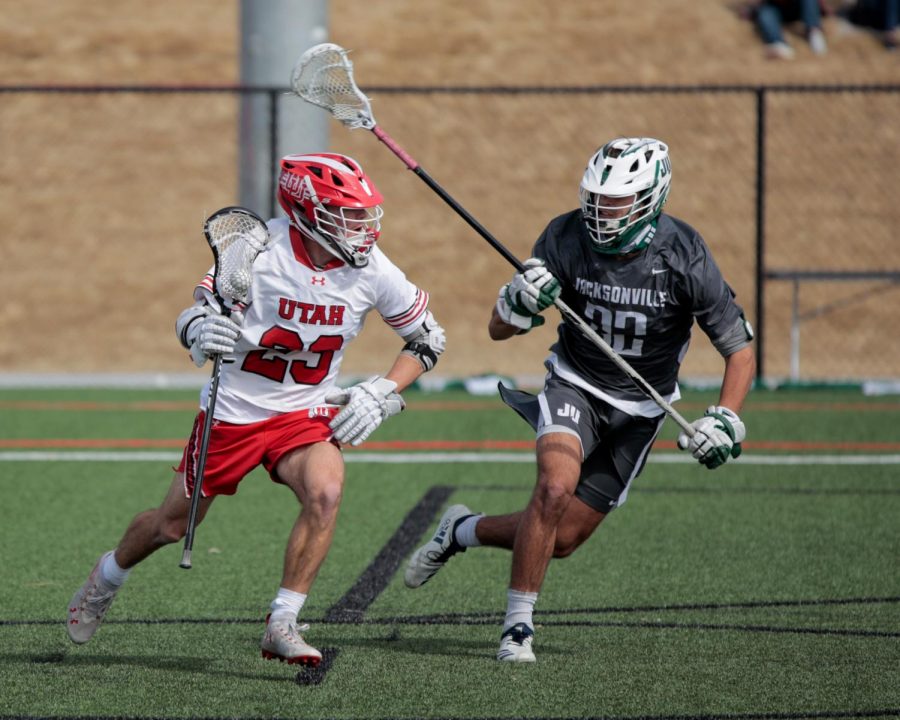HRE’s Resident Advisor Program Lacks When it Comes to Compensation
(Graphic by Claire Peterson | The Daily Utah Chronicle)
January 30, 2022
From unmanageable rates to forced student connections, the University of Utah’s Housing and Residential Education program has room for improvement. According to a previous Resident Advisor testimony, a look into the U’s method of compensation for their employees is a good place to start.
The U hosts multiple RAs in each dormitory and student apartment building on campus. Their duties include hosting student events, answering questions from their residents, working “on-duty” hours, as well as doing room examinations and handling safety concerns. Because of these duties, U housing RAs hold a high level of responsibility.
Within the HRE, there has been unrest regarding the program’s way of compensating its RAs. A former RA, employed from 2017-2020, who will remain anonymous due to their current employment status with the U, explained the situation as simply “unlivable.” The HRE compensates its RAs with a room in their assigned dormitory or student apartment building, and a university sponsored meal plan. This meal plan does not include three meals a day.
When speaking with the HRE administration, it was explained that compensation is reassessed periodically, but never takes the form of direct monetary payment. “All of them get the exact same meal plan. Right now, it’s a 15 meal plan per week,” said Todd Justesen, the Director for Residential Education at the U. The current meal plan available to RAs is still six meals away from a full plan. When questioned about how the former RA felt about their meal plan, they stated “I would say, the fact that I upgraded my meal plan (out of pocket) tells you that I didn’t think it was ideal.”
While reflecting on how they were compensated during their three years under the HRE, the former RA said “I just remember thinking, this isn’t right.” The problems surrounding compensation for RAs becomes a livability issue, as many RAs do not have another source of income. This causes many full time students to take up additional forms of employment. “I think that was the bigger problem — that people would have two jobs on the side of being a program assistant or an SJ [social justice advocate, another program within the HRE],” the previous RA stated.
The other discourse within the HRE workplace involving compensation was largely based on the U’s unique lack of paying RAs some form of cash wages. “We learned what other universities paid their RAs and we were like, ‘Why aren’t we getting paid something like that?’” the previous RA said.
U RAs are not alone in this thought process. RAs at Stanford University went on strike in September of 2021, due to Stanford administrators failing to, “meet their demands for enhanced COVID-19 protections, higher pay and a revised alcohol and drug policy.” According to The Standford Daily, more than one hundred RAs were a part of this strike.
Some universities provide their RAs with a stipend. It is this income that often helps student employees account for expenses like tuition, gas and additional food — but the U does not provide their RAs with any such payment.
Brigham Young University offers its RAs an hourly wage on top of their living expenses. According to their housing website, “For the 2021-22 academic year, R.A. wages will begin at approximately $11.60 per hour for a 20-hour week. The R.A.’s room and meal plan are deducted from the hourly wage.” This also emphasizes that the RA’s employed by BYU are only contracted to work 20 hour work weeks, in comparison to the U’s inconsistent on-call type of schedule.
Elizabeth Strand, who is currently working her first semester as an RA in Gateway Heights described the schedule as, “there’s nights that we’re on call overnight. So it really ranges I think — generally they say 10 to 20 hours per week.” The most reported redeeming aspect of the position is the opportunity for RAs to create relationships with other students. “One of the most surprising things was the RA community as a whole … you make a lot of friends this way, not only with your residents but with other RAs — and it’s been really nice having that connection,” Strand said.
In contrast, according to our formerly employed RA, is the impact that the HRE’s Resident Learning Model program is having on these praised relationships. The reportedly intense RLM program, which was instituted in 2019, midway through the former RA’s employment, took the RA position to a new level in terms of relationships with residents.
With the new RLM program, RAs were now in charge of collecting data and information on their interactions with the students under their supervision. “It didn’t feel organic at all — and students kind of felt that they didn’t really want to talk to me because they knew I was ranking them,” said the previously employed RA. “It wasn’t like I was having a conversation.”
They also stated that when going through and tracking their conversations with their residents, they had someone in the HRE department say, “Oh, you can kind of figure out this girl’s schedule.” To which the former RA described as making them feel uncomfortable, and describing the observation as “creepy.”
Intense surveillance within the HRE directed at its student employees isn’t something unique to their student relationships. The Daily Utah Chronicle also faced issues finding sources for this story due to their strict media policies. The 2021-2022 RA contract states “If an HRE staff member is contacted by the press, they are able to speak on behalf of themselves, but not on behalf of HRE and not as a representative of HRE or the University of Utah.” This element of their contract is evidently emphasized.
While investigating this story, I spoke with seven different RAs who were uncomfortable breaking contract to sit for an interview regarding their experience.
The contract also expands further on the aspect of supervision pertaining to RAs’ social media usage — even employees’ private accounts. “Be aware that even private accounts may become publicly viewed or shared, and, if brought to the attention of staff, will be treated as such,” states the 2021-2022 contract, regarding the highlighted “appropriate choices and behavior” that is expected of RAs.
Overall, there was a shared consensus among former RAs that the HRE as an organization has plenty of room for growth, both structurally and in the treatment of their student employees. When asked what the former RA thought about students looking into becoming an RA, they responded with, “It is kind of a messy organization. So go in kind of expecting that it will not be a clean-run machine. I got hired within the HRE but it was a disaster. The hiring process was a mess. It was the worst thing I’ve ever experienced.”














Anonymous • Feb 5, 2022 at 3:57 pm
Slightly more than half the RAs at Kalhert Village, built for 2020-2021, share cluster bathrooms with their residents. If you’re not going to adequately compensate them, or give them 3 meals per day, or give them a parking pass, at least give them a private bathroom.